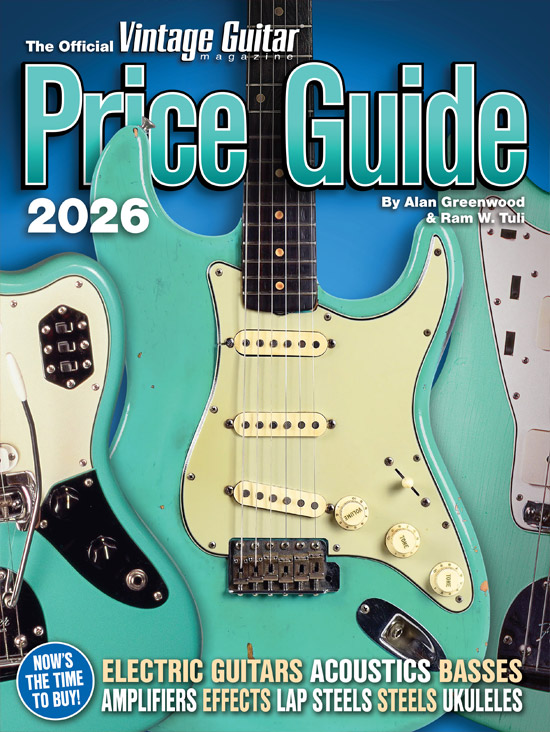Orangewood. Why not Ironwood or Peachwood? What does the brand name matter compared to the actual guitar? The simple answer is “A lot.”

www.orangewoodguitars.com
The Berkeley is part of Orangewood’s Topanga all-solid-wood series. It has a dreadnought body, pau ferro back and sides, scalloped braces, mahogany neck, ebony fretboard and bridge, 44-millimeter Tusq nut, and a torrified Sitka spruce top. Orangewood offers two versions, one with an LR Baggs Anthem pickup. While the guitar is made in China, final setup happens in California. Our review sample came with Ernie Ball Earthwood phosphor bronze medium-light strings.
The Orangewood Berkeley Live is set apart from other guitars with similar specifications with its overall build quality and sound. Careful examination revealed no finish flaws – even the kerfing inside was precisely cut. The neck has what Orangewood calls a C shape; it’s not as thick as many vintage-style necks, and actually closer to an electric guitar. Intonation was perfect.
The LR Baggs makes the Berkeley Live a fine gigging axe. Plugged into an Ultrasound amp, the tonality was a close match to the Berkeley’s excellent pure acoustic sound.
One word that might keep popping into your brain while playing the Berkeley is “finesse,” because it offers the feel, sound, and functionality of a professional instrument. The action on our tester needed no adjustment, sustain was even and excellent up the neck, and there were zero dead spots or wolf tones. Overall sound had a cohesion and harmonic complexity that only comes from a well-designed, all-wood instrument.
If you’re looking for an affordable professional gigging machine, Orangewood’s Berkeley Live should be on your short list.
This article originally appeared in VG’s February 2022 issue. All copyrights are by the author and Vintage Guitar magazine. Unauthorized replication or use is strictly prohibited.



